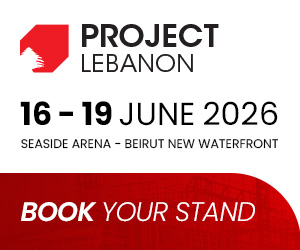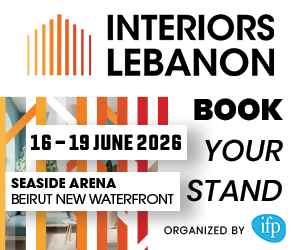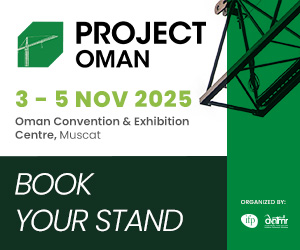The five new theme-parks in Jebel Ali, the latest in a series of mega projects announced in Dubai this week, are demand-drivers. They are expected to capture part of the large number of transit passengers passing through Dubai, which up to this day hasn’t built major leisure and entertainment parks, experts say.
“It’s really important. The big problem with Dubai is two-fold: The average length of stay for tourists is not long enough and the number of transit passengers is way too high. To have significant international tourist attractions like those proposed can only be a good thing for Dubai,” said Peter Goddard, managing director of TRI Hospitality Consulting.
“They are going to increase the length of stay and entice transit passengers to get off. It’s the perfect way to increase occupancy levels and spend in the emirate.”
The individual parks need an estimated 1.5 million to 2 million visitors annually to be viable, Goddard added. Asked how market conditions would be reacting to these major development announcements, Matthew Green, Head of Research & Consultancy, at CBRE said Dubai has a long-term vision for its strategic goals and a major component is the tourism infrastructure.
“They have quality hotels; they are improving golf courses; there are beaches, but yet there aren’t major leisure drivers. They are creating new demand drivers: theme parks are fundamental to tourism in the US, for example… so Dubai is trying to create a leisure and entertainment industry. They need facilities like Universal Studios to compete with global markets,” he said.
The new complex will be located at Jebel Ali and it will feature theme parks based on movies, animals and fun characters that appeal to all demographics. This is the latest in a series of major retail and tourism mega projects announced this week by Shaikh Mohammad Bin Rashid Al Maktoum, Vice President and Prime Minister of the UAE and Ruler of Dubai.
“The overall sentiment has been improving steadily over the past year… There are a lot of strong fundamentals out there,” said Green, citing rental growth in the residential market, strong retail and hospitality performance and tourism growth. The revival of such projects signals the government’s reaffirmation to developing the infrastructure as it bids for the Expo 2020, he said. Dubai’s GDP grew 4.1 per cent in the first half of the year to Dh161.5 billion (based on figures from the Dubai Statistics Centre).
Gulf News
27 November













































































